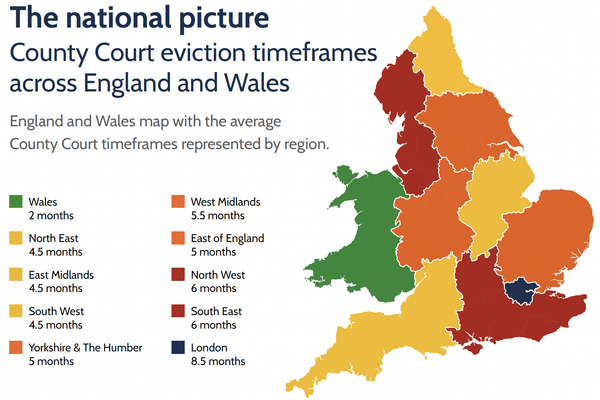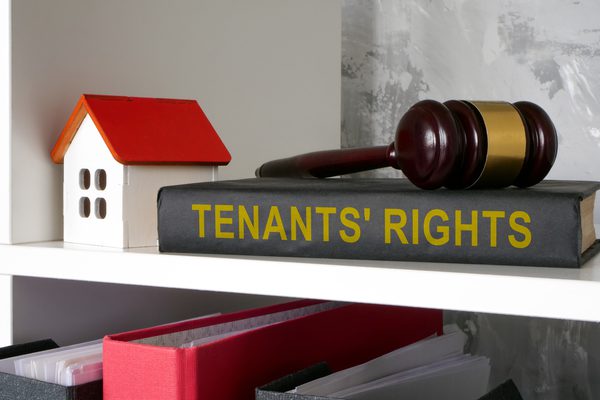
1st May 2026 commencement date for the Renters’ Rights Act

The Government has confirmed that the Renters’ Rights Act will be introduced in England in three phases, with the first phase on 1st May 2026.
Phase one
On 1st May 2026, these elements of the Renters’ Rights Act will come into force:
- The end of eviction under Section 21 in England, so landlords will only be able to evict under Section 8 for antisocial behaviour, damage to the property or significant rent arrears (three months)
- Tenancies becoming periodic instead of fixed term, with tenants able to give two months’ notice at any time
- Restrictions on rent in advance – no more than one month’s rent
- Rent increases restricted to once a year, must be market rate and there is the ability for tenants to challenge these at the Property Tribunal (challenges are free)
- Ban on bidding wars and accepting offers above the advertised rent
- Ban on discrimination against tenants on benefits and/or with children
- Clearer process for tenants with pets and a landlord cannot unreasonably refuse
Penalties
There are also new penalties for landlords who do not comply, with fines of between £7,000 and £40,000, enforced by the local authority.
Eviction under Section 21
Landlords can still issue a Section 21 notice up to the 30th April 2026 and will have until 31st July 2026 to apply for a possession order.
To avoid lengthy delays, we recommend that you apply for permission to transfer the possession order to the High Court for enforcement by a High Court Enforcement Officer (HCEO) under Section 42 of the County Courts Act 1984, as this is a far quicker option than using the County Court Bailiff to enforce, where the average delay from receipt of the possession order is six months and up to a year in London.
An HCEO will be able to undertake the eviction within one to two months.
What landlords need to do in May 2026
Landlords will need to give tenants an information leaflet provided by the Government before the end of May. This leaflet is not yet ready and is expected in January 2026.
A new tenancy agreement for existing tenants is NOT required, but there will need to be a new periodic tenancy agreement for new tenancies from 1st May.
If a landlord is planning to sell or move into a property, from 1st May you will not be able to evict tenants within the first 12 months of a new tenancy. After the 12 months, you will need to give four months’ notice.
Phases two and three
Phase two is expected to be late 2026 and will cover the Private Landlord Ombudsman, an independent service to resolve landlord and tenant disputes without going to court, and a private rented sector database, where all properties and landlords will be registered.
The third phase has no time scales as yet and public consultations are required. This covers the extension of Awaab’s Law to the private rented sector (PRS) , which covers timescales for dealing with damp and mould, and the Decent Homes Standard for the PRS.
We can help
If you need to regain possession of your property, for whatever reason, get in touch and we can guide you on the process of using an HCEO to quickly and efficiently undertake the eviction.
If you already have a possession order and permission for enforcement by an HCEO, you can instruct us online.








